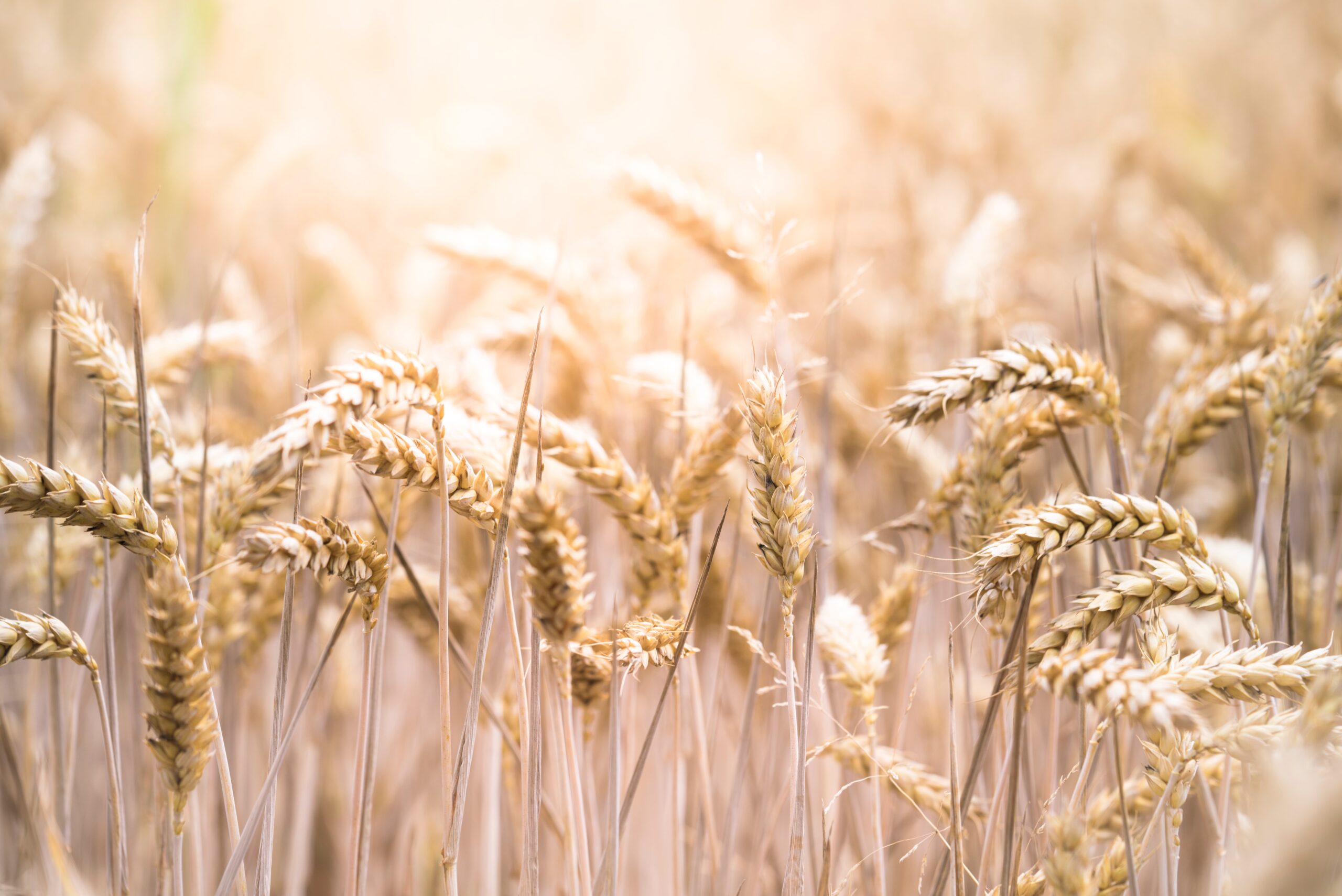The European energy crisis can create an epochal famine


Photo by Evi Radauscher on Unsplash
The problem with an energy crisis is that it is actually a crisis of everything. In a world where almost all industrial sectors rely on energy in some way, its scarcity leads to uncontrolled inflation. This phenomenon is nothing new: we have been experiencing it for almost two years. But while world governments are using all the tools at their disposal to curb rising inflation rates, they can't do much more about the impending food shortage resulting from energy shortages. Hunger resulting from gas shortage.
For months, the agricultural industry has been warning the rest of the world that next year's food production is seriously threatened as the fertilizer industry is in crisis. Industrial NPK fertilizers (so called due to their composition of nitrogen, phosphorus and potassium oxide) are highly dependent on natural gas supplies. About 70% of the cost of producing fertilizers is exclusively due to the price of natural gas, which is used in large quantities to produce the ammonia phosphate slurries which are transformed into fertilizers. In fact, according to the CRU Group, the region's European fertilizer producers are currently losing about $ 2,000 for every ton of ammonia produced. Thus, while Russia blocked and then indefinitely cut off the flow of natural gas to Europe, causing gas prices to skyrocket, the continent's fertilizer sector has cut off up to 70% of its production capacity.
This is an enormously frightening figure. Commercial fertilizers play an essential role in 40-60% of world food production. Unless you grow your own food or buy it from a patchouli-smelling co-op, most of your staple food items are likely to depend entirely on NPK. Food safety experts have been warning about this type of crisis for years and about this specific crisis since the beginning of this year. After so many decades of liberal use of chemical fertilizers, global farmland is devastatingly depleted of nutrients. Without an increase in fertilizer use each year, these degraded soils could produce only a fraction of their current capacity, and with a lower nutrient content.
And all of this adds to the other ongoing food crisis. Together, Russia and Ukraine produce so much grain for the global market that they are often referred to as the basket of the world. Conflicts in the region also jeopardized the delivery of grain to the market, creating a food squeeze in sub-Saharan Africa, which is dependent on imports, in the early summer. A recent grain trade agreement between the United Nations, Moscow and Kiev – which sought to mitigate this problem while providing income for occupied Ukraine – has infuriated Russian President Vladimir Putin. Although he agreed to let the "scam" deal go on – for now – the back and forth has highlighted the extreme volatility of the grain and fertilizer supply chains involving Russia.
In July (when gas prices were much lower and the food security situation was not as bad as it is now) the International Fertilizer Association estimated that if Russia's war in Ukraine continued and the high prices of continued to decrease the use of fertilizers, almost 2% of global production of corn, wheat, rice and soy could be lost . “Even small drops in grain production can cause significant price increases,” reports Newsweek. As always, the poorest countries will pay the highest price; this summer's wheat crisis in Africa will pale in comparison to the food crises likely to hit African nations, Mexico and other developing countries with large factor-dependent agricultural sectors.
So why doesn't the world just direct more dollars and gas towards fertilizer production, considering how much is at stake? "Countries cannot impose fertilizer production because they are so worried that they have enough natural gas to heat people's homes," John Harpole, a natural gas broker for the fertilizer industry, told Newsweek. "They have to choose between future food production and heat and they will choose heat."

Thanks to our Telegram channel you can stay updated on the publication of new articles of Economic Scenarios.
The article The European energy crisis can create an epochal famine comes from ScenariEconomici.it .
This is a machine translation of a post published on Scenari Economici at the URL https://scenarieconomici.it/la-crisi-energetica-europea-puo-creare-una-carestia-epocale/ on Tue, 13 Sep 2022 06:00:12 +0000.
